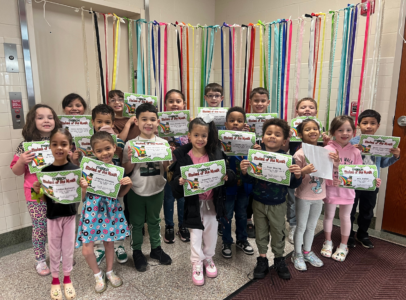Small bits of advice often last lifetime
There are countless ways to section off stages of our lives. Birthdays are probably the most overrated. Despite all the hype, rarely does something of significance happen on a birthday, other than perhaps overindulgence in cake or booze. Meaningful episodes seem to avoid the spotlight and sneak up on us when we’re not looking for them. Sometimes we don’t even know they happened until much later.
I’m thinking here not so much about major events burned into memory because of their revelatory or monumental effect. Those memories are more like reruns of old movies – a wedding, a game winning touchdown, the day a loved one passed away, or 9/11. But in many cases, details are lost or altered to suit our introspective wanderings. Trying to recapture big moments can be an exercise of the imagination – a work of creative nonfiction.
More meaningful as chapter titles for our life stories are specific words and phrases that came to us in the form of adages, colloquialisms, idioms, and even song lyrics. They recur, like motifs in a symphony, through various episodes of our lives. The words stay the same, but their meaning evolves. They are melodies within our conscience, and remind us of what we value (and don’t value) in life.
One of the first bits of advice I received as a ninth-grader had to do with girls. An uncle advised me against serious relationships. The best way to live is to “play the field,” and there are “plenty of fish in the sea.” Well, betting on horses, baseball, and fish can lead one into dangerous waters! (I have no further comments here.)
Another pearl came from a friend’s father regarding a troublesome neighborhood kid.
His parents were irascible storekeepers who trusted no one, and the kid acted out emotionally, often disrupting the neighborhood peace. “You plant corn, you get corn,” was my friend’s father’s summation (a slightly cruder version of the apple not falling far from the tree). Later, as I contemplated the idea of nature versus nurture, such judgement would seem harsh
In high school, a social studies teacher offered an elective on economics. What I gleaned from him was profoundly simple. “You have to have money to make money. And the more money you have, the more money you can make.” While I never took his words to the bank, they certainly affected my understanding of socio economic injustices. The wealthy always have an advantage and the playing field is not level.
After college I received a clear message from a good friend’s new wife. She was a Southern belle, and spoke very frankly when pressed to engage in a political discussion. “I vote from my pocketbook” was her clear proclamation. This was my first and indelible impression of republican sentiment.
Later, as an educator, I heard the old expression “if you give a man a fish, you feed him for a day; if you teach a man to fish, you feed him for a lifetime.” Thus began my skepticism regarding some democratic social programs. I witnessed people becoming adept at manipulating the system and making little effort to find employment. I also became aware of some wasteful government spending practices and the bureaucratic bogs around them.
As a marginal member of the hippie movement of the early ’70s, I managed to cut through a lot of the free love BS and to focus on a less self-serving principle. “Don’t judge another until you’ve walked a mile in his shoes.” This would be a lifelong reminder that people from different cultures and family backgrounds may have suffered from or been shaped by experiences I cannot imagine. The great Christian notion of forgiveness is at the heart of this awareness.
The Serenity Prayer, the Golden Rule, the healing power of Time, and countless other mini-philosophies help guide us toward a “light at the end of the tunnel” as we stumble through the vicissitudes of life. Yet there is no single catchphrase or pearl of wisdom that can cure the damaged heart. Even Jesus Christ had his “moment of doubt” and we can never shake the fear of the ultimate unknown.
In “It Takes Every Kind of People” – a song about acceptance and the power of love – Robert Palmer turns a phrase to warn us that “revenge does not taste sweet.” Today, if America has any real hopes of recovering from the stark divisiveness fostered over the past four years, we must heed Palmer’s voice, along with Marvin Gaye, who knew that “only love can conquer hate.”
Pete Howard, a musician, writer, teacher, and painter, lives in Dunkirk




